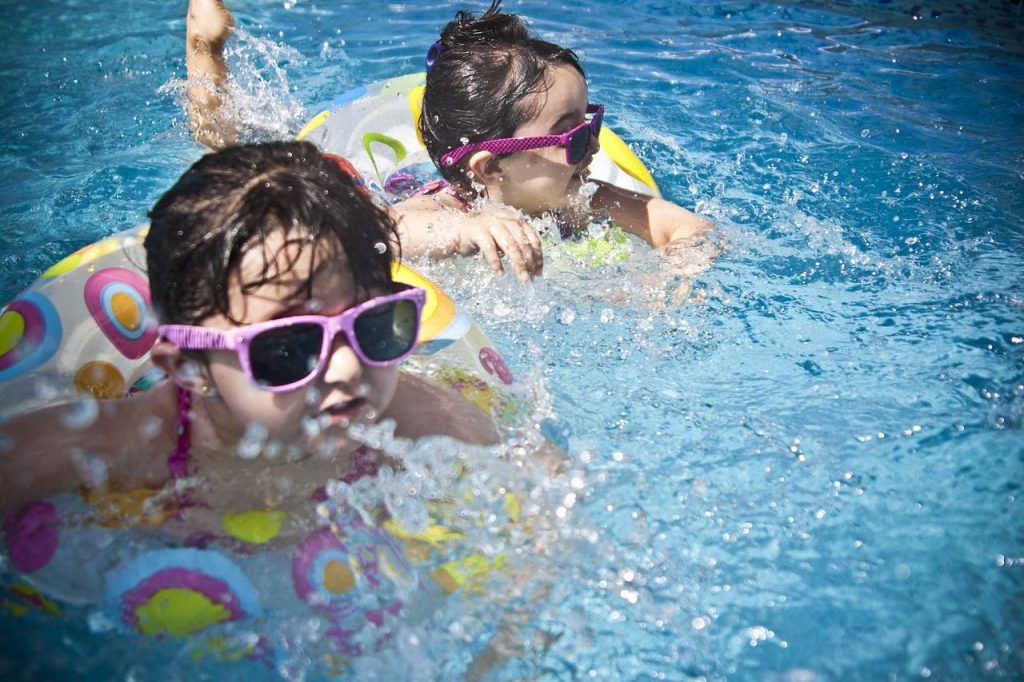Severe Lifeguard Shortages Emerging Nationwide
Unsurprisingly, another shortage has begun to plague the United States. Lifeguard shortages are emerging nationwide.
This article is more than 2 years old

In the United States, it seems like there is a shortage of everything imaginable at present. There are food shortages, baby formula shortages, tech shortages, and car shortages. In fact, shortages are the only things that we aren’t short on. Suffice to say, it may come as no surprise that there are now lifeguard shortages emerging nationwide. NPR reported that approximately 1/3 of the nation’s pools have an insufficient number of lifeguards on staff.
No public pool will be immune to a potential lifeguard shortage through the summer season. That has become particularly evident for folks in Raleigh, North Carolina in search of some respite from the scorching summer heat. According to ABC11, half of Raleigh’s pools remain unable to open due to the lifeguard shortages. Unfortunately, this is a scenario much of the country will face. And, more disheartening still, is that it’s a problem that is predated to extend into next summer, as well.
The reasons for the nationwide lifeguard shortages are largely twofold. The first, and perhaps most obvious factor, can be directly attributed to the pandemic. The pandemic left public pools with no other recourse but to stay closed for the past couple of years. Consequently, there was no need for any lifeguards during this time. With no need for lifeguards, the number of people training to be lifeguards went into severe decline. This served to perpetuate the emergence of the current lifeguard shortages.
The second, and possibly less obvious reason, for the lifeguard shortages has to do with policies instituted during the Trump administration. Subsequent to the onset of the pandemic, the Trump Administration put a temporary hold on J-1 work visas (speculatively, this move served to suit his larger immigration agenda, especially considering his lackluster attitude toward pandemic-related restrictions). J-1 work visas are visas obtainable by international students studying in the US at the undergraduate and graduate levels. These visas allow international students to make money while they are in the United States completing their studies. Because of the temporary nature of lifeguard roles, a large majority of those with J-1 visas worked as lifeguards. The hold has since expired, but it will take time before the effects that the hold perpetuated are reversed completely.
Regardless of the causes, it’s clear that lifeguard shortages are here to stay for the time being. So what can be done to help alleviate them in the meantime? Bernard J. Fisher II, who works as the director of health and safety for the lifeguard association, detailed via NPR that the burden is largely being put on individual community action at present. For instance, Fisher said that he is aware of some communities that are asking swimming instructors to embrace lifeguard roles this summer. Fisher also suggests that parents who take their kids swimming at pools without sufficient lifeguard coverage should make an effort to appoint someone to keep an eye out. “So many times, groups think that someone else is watching, but in fact, no one’s watching,” Fisher highlighted. Thus, by ensuring someone is definitely watching everyone will stay safer.







